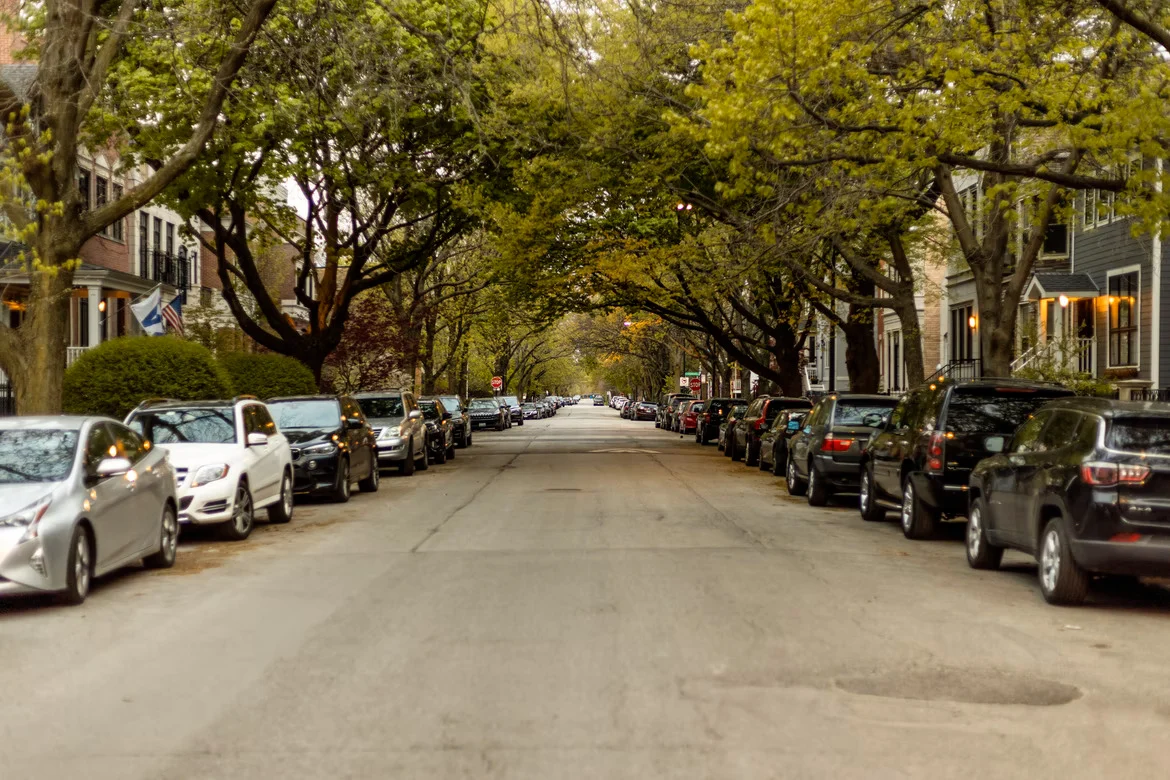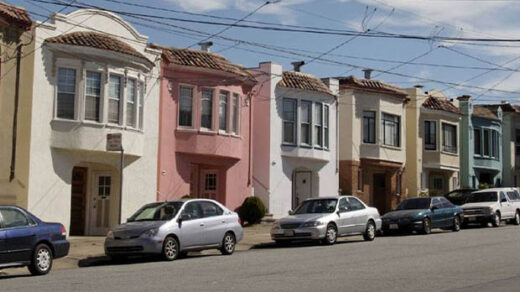If you’re a novice or only park on the street after getting your driver’s license, you might be wondering what is off-street parking? Of course, the word itself is easy to explain, as it means parking on the street, but it tends to be a little more complicated than parking off the street. For a deeper understanding of what the term means, below you can read more about the different types of off-street parking and discover that it actually takes many different forms.
Table of Contents
What is Off-Street Parking
Off-street parking refers to available parking spaces in closed car parks or garages. Parking lots can be owned by municipalities, government agencies, or private individuals. If the parking lot has access and control regulations, those regulations may differ from paid parking systems or parking lots reserved for permit holders, customers, lessees, visitors, or a combination of the four. There are various access and control solutions for car parks, including parking meters, gated parking systems, mobile payment apps, and more.
Types of Off-Street Parking
Private Parking: Private parking is off-street parking where you can park if you are a member or are affiliated with an affiliated property or business in some way. While in some places you can pay the necessary fee to gain access to a private lot, this is not always an option; it depends on the location and purpose of parking. These private areas are controlled by private institutions or individuals and are often found in places such as universities and residential areas.
Public Parking Lot: Almost every licensed driver has parked somewhere. While many companies are run by the local government, some are privately owned and used only by customers. For example, have you seen those “Customer Parking Only” signs before? These are common around bars, shops, and restaurants, and can also be assigned to specific events such as music festivals.
Parking: Like private car parks, these tend to charge parking fees during certain hours. Some places may offer free parking, but only allow a maximum of about three hours or so before you can get a ticket. When it comes to parking lots, there are several different types:
- single storey garage
- multi-level garage
- underground garage
Auto Parking – this involves driving your vehicle on a parking system that automatically moves your car to the available space
Likewise, different types of off-street parking will have different rules, fees, or restrictions that you will need to follow to park there. Some employers offer free parking as part of their package, while others may not. Also, some may have no time limit, others may be completely closed to the public (eg private residential areas). It’s really on a case-by-case basis, and as long as you know what’s needed, you can make a sound parking decision.
Difference Between On and Off Street Parking

When a vehicle is parked on the street, on the sidewalk, or anywhere on the street, it is called on-street parking. On some streets, you can park your vehicle on the street at any time, but there are sometimes restrictions. There are also on-street parking situations where you need a parking permit to park. The difference between on-street parking and off-street parking is:
- Construction cost and time
The development cost of on-street parking is relatively low, while the construction cost of off-street parking is relatively high. In addition, the time to develop and implement on-street parking facilities may be shorter than that of off-street parking facilities. The approximate time required for on-street development is relatively short as it mainly consists of site selection, painting, etc. On the other hand, on-street development takes a relatively long time as it needs to arrange funding and facility construction as a foundation.
- Physical and Operational Requirements
Street parking requires some physical changes like painting, sign installation, parking meters, etc. Off-street parking requires securing land, paving roads, installing toll systems, and equipment, and constructing administrative buildings. If we are talking about operational arrangements, parking checks on the street are required by the traffic police or the private sector. Off-street enforcement is not required and the facility can be run entirely by the private sector.
- Parking Locations and Users
Off-street parking means parking your vehicle anywhere off the street. These are usually parking facilities such as garages and car parks. It can be indoors and outdoors. It also includes private parking, a garage, and a driveway. The users of the on-street parking lot are casual users who use the parking lot for a short period of time. Off-street parking users are distinct from short-term and long-term users, namely monthly tenants and regular users.
In many city centers, there are areas dedicated to parking that will be kept away from mainstream traffic. This type of parking is called off-street parking. They can be run by public agencies or private companies.
Conclusion
In short, answering the question of what off-street parking boils down to parking anywhere off-street. As mentioned above, this could mean indoor and outdoor parking facilities such as car parks, garages, and private car parks. More likely, you’ve seen or experienced city center parking lots that are dedicated to customer/customer parking, away from mainstream traffic.
In general, on-street parking rules do not apply here, but be aware that you will need to comply with regulations from other public agencies or private companies. Off-street parking can be a good on-street parking option as long as you respect the rules of off-street parking owners and operators and pay any necessary parking fees.



